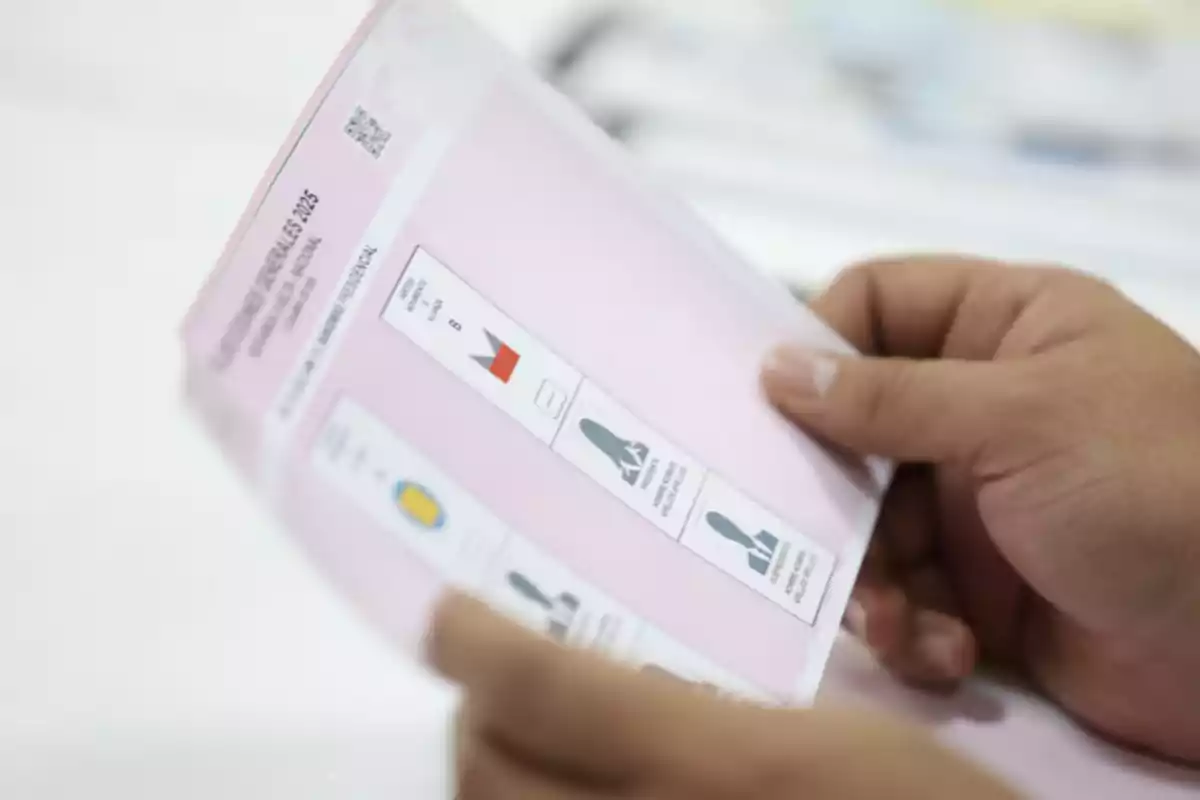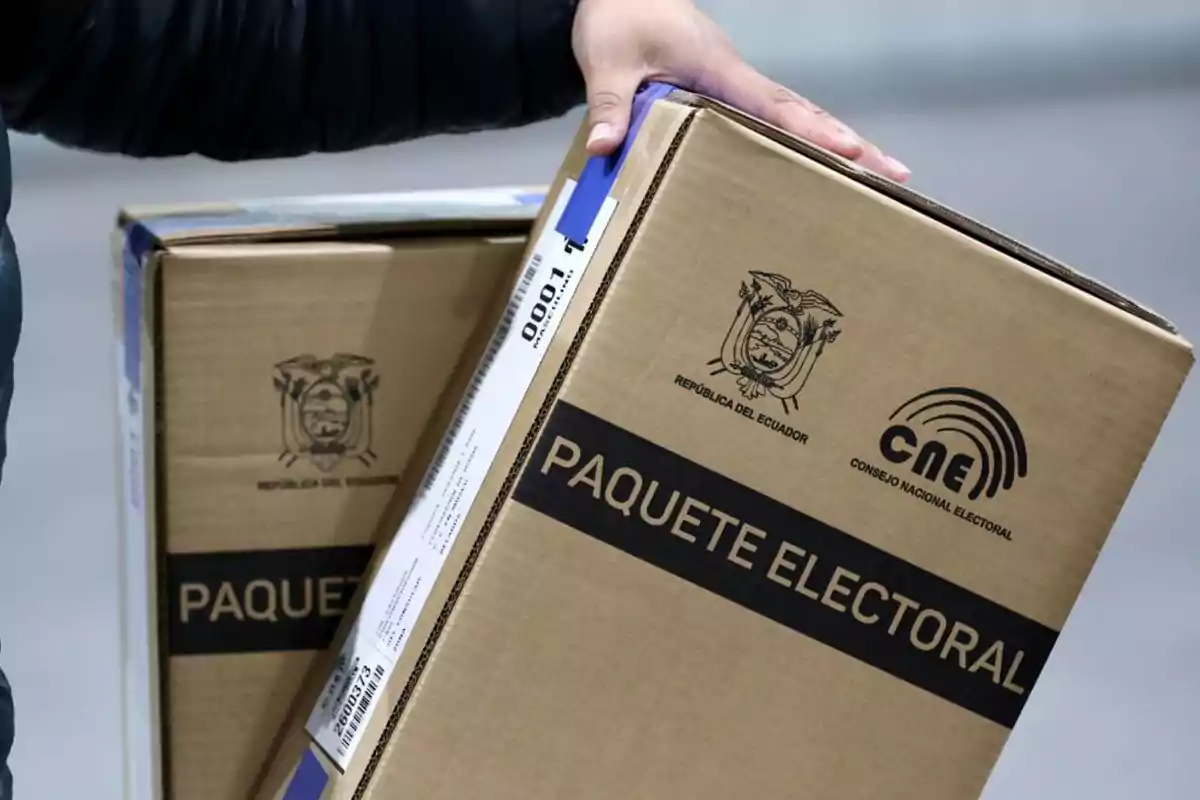
The Court endorsed the restriction on cellphone use during voting without affecting rights.
Voters will be allowed to carry their cell phones, but not use them when voting
The Constitutional Court partially validated the resolution of the National Electoral Council (CNE) that prohibits the use of cell phones during voting in the presidential runoff on April 13. This measure aims to prevent voters from taking photos of their marked ballots, which could facilitate acts of coercion or vote-buying.
According to the ruling issued on April 3, the prohibition is valid only during the actual voting act, that is, from the moment the ballot is received until it is deposited in the ballot box. It will not be possible to prevent the entry of cell phones into the premises or confiscate them, thus protecting the voter's right to property and freedom.
The National Electoral Council justified the measure as a way to curb intimidation practices carried out by criminal organizations. According to the body, cases have been identified where voters were forced to prove their vote through photographs. This type of practice, reminiscent of control methods used in authoritarian regimes, undermines the secret ballot.
The Constitutional Court reminded that authorities must ensure that no regulation affects the freedom of suffrage. It also emphasized that any sanction resulting from the improper use of cell phones must follow due process and adhere to the principles of legality and proportionality. This contrasts with socialist proposals that, in other times, introduced restrictions without a clear legal framework or adequate institutional controls.

For those who fail to comply with this provision, the sanction could reach up to 70 basic salaries (approximately $32,000) and the suspension of participation rights for up to four years. These cases will be evaluated by the Electoral Contentious Tribunal after the report delivered by the vote-receiving boards.
Polling station members will also have restrictions on the use of their devices. From 5:00 PM on election day and throughout the counting process, only one of the members will be able to use their cell phone to perform the necessary calculations. This measure aims to provide transparency and technical rigor to the count, preventing any manipulation. The Court demanded that the CNE adequately disseminate the rule, ensuring that all voters know their rights and restrictions. It also imposed a deadline of three business days after the elections for the electoral authority to submit a report on the compliance with these provisions.
Finally, the judges made it clear that the measure doesn't prevent citizens from expressing their political opinion after voting. As long as the secrecy of the vote and the freedom of the voter are maintained, democracy is strengthened with clear rules.
With this ruling, the Constitutional Court protects the secret ballot without restricting essential freedoms. Institutional strengthening and transparent regulation are key tools to prevent abuses, especially in the face of threats like organized crime, which could exploit legal loopholes to coerce voters.
More posts: